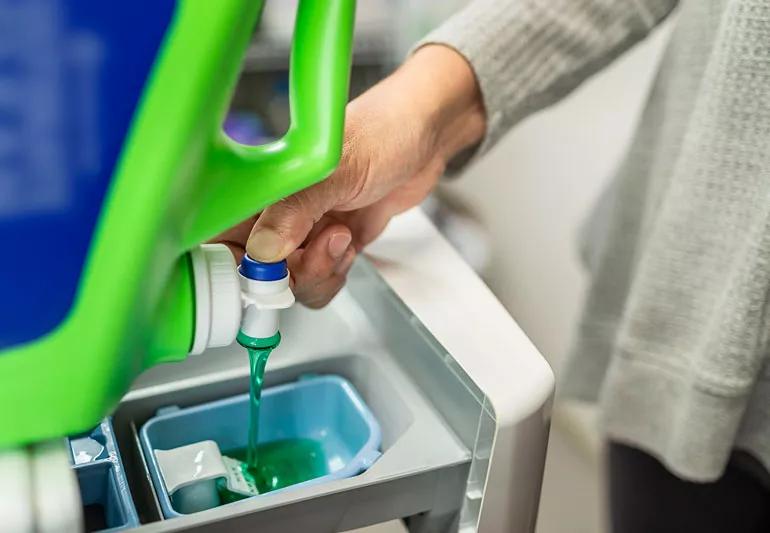Researchers have identified nearly 800 chemicals of concern

When you hear “environmental toxins,” visions of nuclear plants and smoke-spewing factories come to mind. To learn these toxins might be in your car or makeup is a hard pill to swallow. But, really, how toxic are these chemicals? Endocrinologist Shirisha Avadhanula, MD, offers details in this Q&A.
Advertisement
Cleveland Clinic is a non-profit academic medical center. Advertising on our site helps support our mission. We do not endorse non-Cleveland Clinic products or services. Policy
A. The exposure to endocrine disrupting chemicals (EDCs), also called hormone disrupting chemicals, in the environment are ubiquitous. Our endocrine system includes different glands — like the thyroid or pituitary gland — that produce hormones. These hormones help regulate body functions. Toxins are artificial chemicals that interfere with the proper functioning of our hormones.
EDCs cause disruption at the cellular level at any point during the hormonal process, from the gland that produces the hormone to the tissue that receives it and many points in between. We still have much to learn about how the disruption occurs, but we know it happens. Studies have linked EDCs to cancer, heart problems and reproductive concerns.
A. I recently read that we’re unknowingly exposed to hundreds of EDCs each day — they are truly everywhere. Since we know of nearly 800 chemicals that are suspected to be hormone disruptors, I think it’s safe to say that EDCs are becoming a global health crisis. Your daily touchpoints may include:
We know these chemicals are in our bodies because studies have detected EDCs in blood, urine and breast milk. They accumulate over time through consistent exposure to tiny amounts.
Advertisement
A. The prescribing of diethylstilbestrol (DES, a synthetic estrogen) to several million women to prevent threatened miscarriages between 1940 and 1971 lead to the development of clear cell carcinoma in daughters born to mothers who were exposed to DES.
Obviously, that medication is no longer used, but it was a canary in a coal mine when it comes to EDCs and cancer. EDCs likely play a role in:
A. In the 1900s, sheep farmers saw a reduction in herd reproduction with no known cause. They realized a compound in the feed was causing infertility in the sheep.
Since then, scientists learned that exposure to a now-banned chemical known as PCB impacted fertility in rats. Research suggests that EDCs can disrupt any stage of biological reproduction. But we need more studies to determine whether EDCs may contribute to:
A. We have evidence that EDCs are linked to:
A. Quite honestly, it’s unrealistic to avoid them completely. I recommend being a thoughtful consumer of what you place on or in your body to decrease your exposure.
Many brands are making a conscious effort to avoid chemicals. This trend will continue when consumers demand more natural products by buying from responsible producers. The Environmental Working Group is a great resource and offers helpful consumer guides.
When choosing products, look for labels that say:
Other potentially beneficial steps:
Advertisement
Learn more about our editorial process.
Advertisement

You can release serotonin, oxytocin, dopamine and endorphins by cooking a meal, walking outside, petting your dog and more

These chemicals, found in products like shampoo, shaving cream and processed foods, may affect your health

Check the plastic and personal care products in your home for these hormone-disrupting chemicals

Estrogen and progesterone changes throughout the month — and throughout your life — can make you more prone to dental health concerns

Certain activities, foods and supplements can help calm your body

Seven symptoms you should ask your doctor about

Get familiar with these everyday toxins

Age, sex and genetics are just a few factors that can affect your risk of developing coronary artery disease

The tropical fruit is a good source of antioxidants and vitamin C

Most people fall asleep within 10 to 20 minutes, but if your experience is different, adjusting your sleep schedule may help

Exploring your hidden side can lead to better understanding of what makes you tick